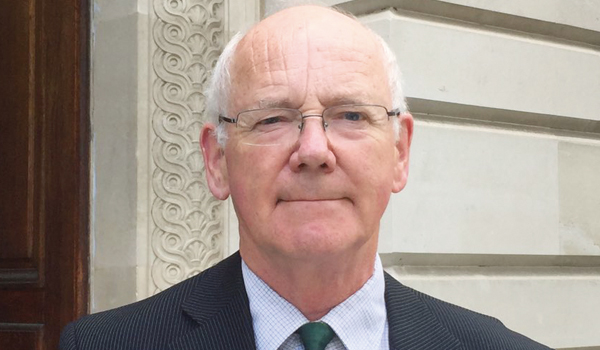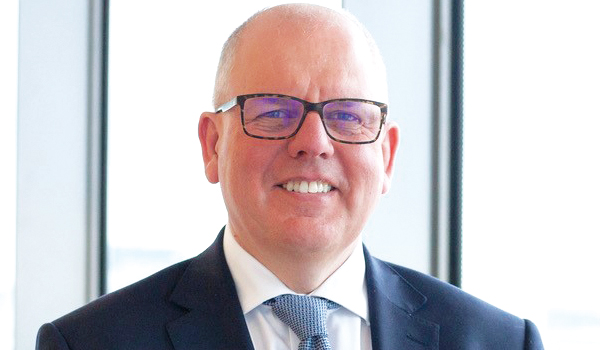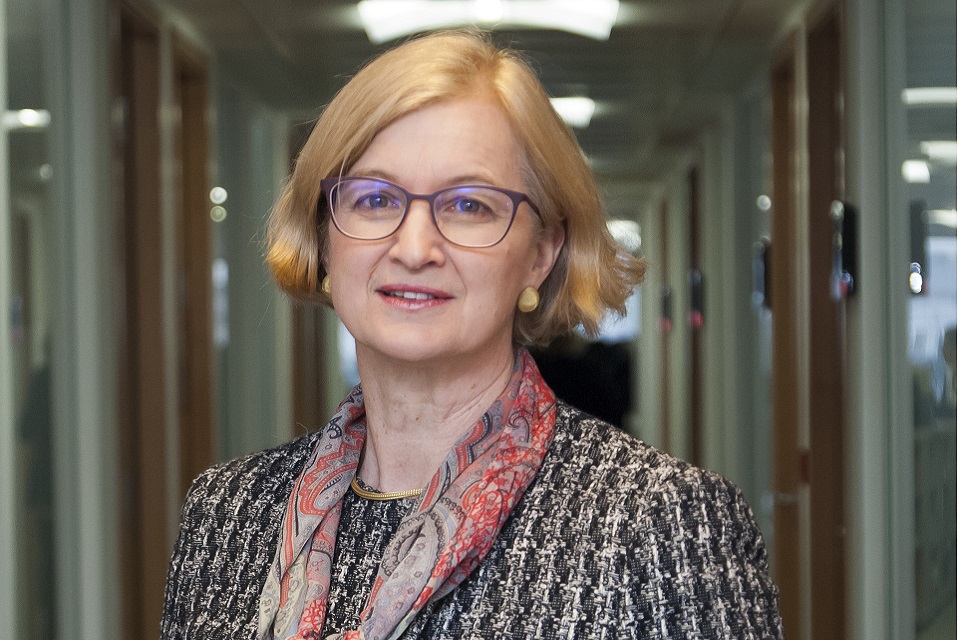Fight modern slavery by bringing in a national licensing scheme for car washes and nail bars says PCC
Surrey’s police and crime commissioner David Munro is calling for a national licensing scheme for car washes and nail bars to help combat modern slavery.
Surrey’s police and crime commissioner David Munro is calling for a national licensing scheme for car washes and nail bars to help combat modern slavery.
Organised criminal gangs are known to target cut-price car washes and nail bars to traffic people and commit drug-dealing and money laundering offences.
According to the Gangmasters and Labour Abuse Authority (GLAA), car washes and nail bars, together with construction and recycling, are high-risk workplaces for trafficking, typically staffed by workers on very low pay who are indebted to a gang leader and trapped in the job,
A recommendation for the GLAA to pilot a scheme to test the practicality of a national licensing system for car washes and nail bars has been made by the Director of Labour Market in his latest report.
Mr Munro has also written to the Home Office supporting a national licensing scheme for these two areas of work, as he says this would help consumers choose ethical car washes and nail bars and make it easier to close down those where workers are victims of modern slavery.
To mark Anti-Slavery Day on Thursday (October 17), Mr Munro said: “I believe this is just the tip of the iceberg. Sadly, there are ruthless and organised crime gangs operating out there who are exploiting and abusing their workers.
“The hand car wash and nail bar industries are some of those trade areas that these gangs have targeted, which is why I believe the time has come to have a national licensing scheme for them.
“Members of the public can then easily identify whether the car wash or nail bar they are using is certified to the right standards or is a non-licensed enterprise. It also means that police and other agencies can focus on those illegal businesses run by criminals exploiting people and shut them down.”
Mr Munro added that there were obviously ethically-run car washes and nail bars operating, but they would not suffer by the introduction of a national licensing scheme.
“I believe that if Surrey residents knew how to differentiate between legitimate businesses and those that might be exploiting their staff, then they would pay a little more and choose the legitimate one,” he said.
“They would know then they aren’t supporting organised crime, people aren’t being exploited to provide that service to them and less police time is spent on identifying and shutting these places down.”
Mr Munro pointed out that in Surrey, 51 victims of modern slavery, including 17 trapped in forced labour, were referred to the National Crime Agency in 2017.
In April, Surrey Police secured its first modern slavery conviction when Laszlo Egeresi, aged 37, and Gabor Olah, 25, received seven and a half and six years respectively for offences under section 2 the Modern Slavery Act 2015.







